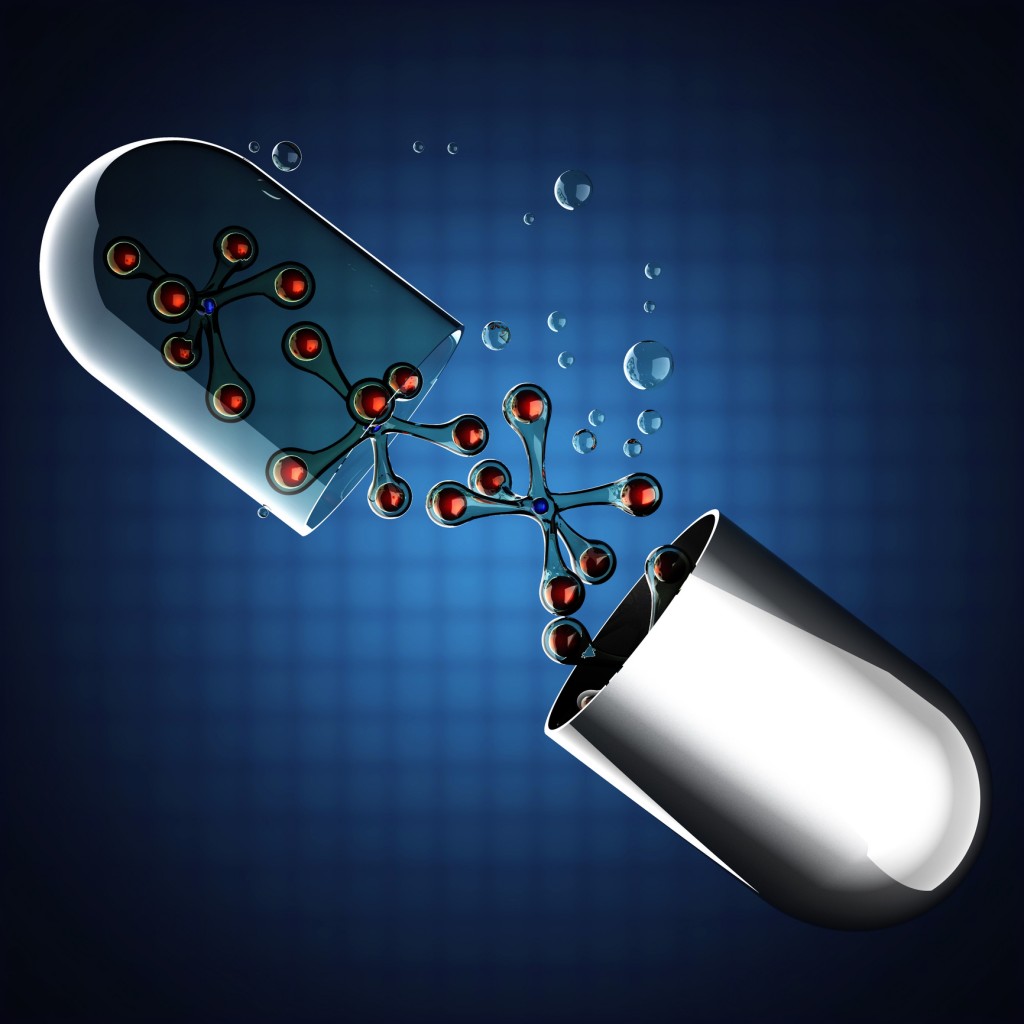The Next Wave: Personalized Medicine


Personalized medicine, also known as precision medicine, is a process that tailors medical decisions, practices, interventions and/or products to individual patients based on their predicted response or risk of disease. It is showing great success rates and we are certain to see more doctors practicing it in the future. Here is one story that helps illustrate the power of this futuristic way of practicing medicine.
Pamela Smith, MD, MPH, the Director of the Center for Personalized Medicine in Grosse Pointe, Michigan, spoke at the A4M Anti-Aging Medicine Conference in Las Vegas in December about how genetic testing can lead to extraordinarily personal treatment protocols for patients. At the conference, Dr. Smith took her audience through a case study of one of her patients to show how cutting-edge tests combined with years of experience can have dramatic results on and curative powers for one very sick person.

Dr. Smith specializes in anti-aging and metabolic medicine. She takes a very holistic view of medicine, using many tools to cure her patients from pharmaceuticals to supplements to functional foods and even the discipline of yoga. One day, she came across a patient, we’ll call her Lizzie, who had many serious symptoms but couldn’t find relief from them. Lizzie had been to 12 doctors already with no success.
 Dr. Smith applied her approach to personalized medicine and began treating Lizzie’s symptoms one at a time. If you don’t, Dr. Smith explained to the audience, the body gets confused. You can’t treat everything all at once. They began with Lizzie’s eczema which is a symptom of an auto-immune disease. In order to combat this disease, Dr. Smith knew she had to help Lizzie repopulate her gut microbiome. A gut stool test showed that Lizzie’s ratio of good gut bacteria to bad bacteria was out of whack. It also showed which bacteria needed to be repopulated and which needed to be removed or treated as an infection. Dr. Smith instructed Lizzie to remove gluten from her diet while adding probiotics, indigestible fiber, and fermented foods. She also put Lizzie on an antibiotic targeted to kill the overgrowth of her bad bacteria.
Dr. Smith applied her approach to personalized medicine and began treating Lizzie’s symptoms one at a time. If you don’t, Dr. Smith explained to the audience, the body gets confused. You can’t treat everything all at once. They began with Lizzie’s eczema which is a symptom of an auto-immune disease. In order to combat this disease, Dr. Smith knew she had to help Lizzie repopulate her gut microbiome. A gut stool test showed that Lizzie’s ratio of good gut bacteria to bad bacteria was out of whack. It also showed which bacteria needed to be repopulated and which needed to be removed or treated as an infection. Dr. Smith instructed Lizzie to remove gluten from her diet while adding probiotics, indigestible fiber, and fermented foods. She also put Lizzie on an antibiotic targeted to kill the overgrowth of her bad bacteria.
Next Dr. Smith tested her patient for exposure to four different toxic molds. Sure enough, Lizzie had a mold sensitivity showing exactly which toxic mold she had been exposed to. Lizzie was treated with pharmaceuticals but charcoal, clay and raw garlic could have removed the toxins as well, Dr. Smith told the audience. Lizzie was instructed to stay away from wheat, alcohol, rye, peanuts, corn, barley, sugar, and hard cheeses.
Next Dr. Smith did a salivary test for Lizzie’s levels of estrogen and progesterone. Lizzie did not have an optimal balance of those hormones, so Dr. Smith slowly got her back to normal through low doses of them.

And finally, Dr. Smith tested for Lyme disease because she knew about the prevalence of the disease and its devastating symptoms from reading Dr. Richard Horowitz’ book How Can I Get Better? Lyme disease is the fastest growing infectious disease in the U.S. with approximately 200,000 new cases per year being diagnosed. It can cause unrelieved fatigue, headaches, stiffness of the neck or back, joint pain and swelling, memory loss, confusion, difficulty concentrating, disturbed sleep, and difficulty with speech or writing.
It turns out Lizzie did have Lyme disease. She was treated with a combination of drugs and supplements. Antibiotics were combined with probiotics (but taken at different times of day) and Lizzie had to now avoid sugar in addition to avoiding gluten. Coconut oil extract (monolaurin, specifically) and stevia helped her heal, as did pomegranate extract, maple syrup extract, and cinnamon.
To combat the inflammation caused by all of Lizzie’s health problems, Dr. Smith put her on supplements of curcumin, resveratrol, and green tea. She also increased Lizzie’s intake of alkaline foods. Lizzie is now doing much better and is very grateful for the personalized care and testing that Dr. Smith gave her. Her future looks very bright and so does the future of healthcare thanks to personalized medicine.